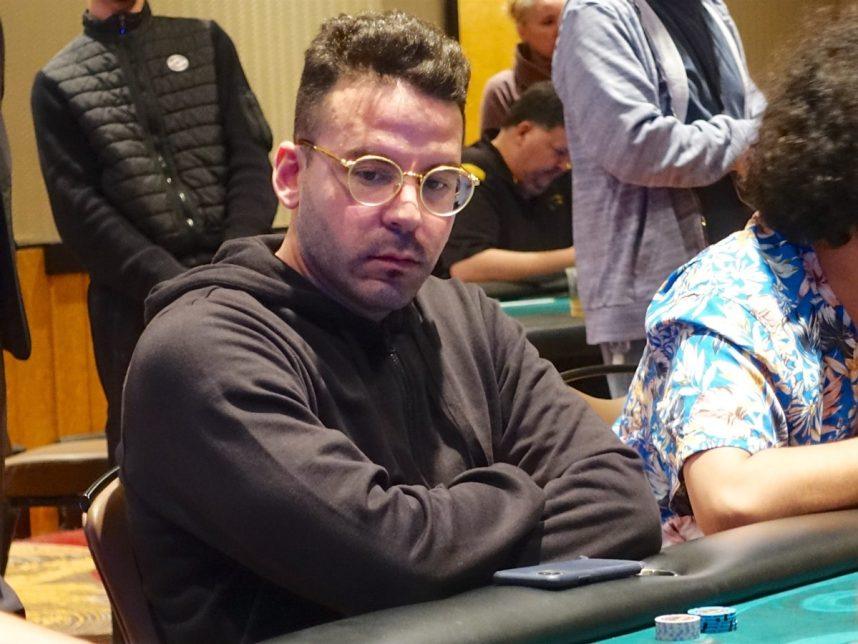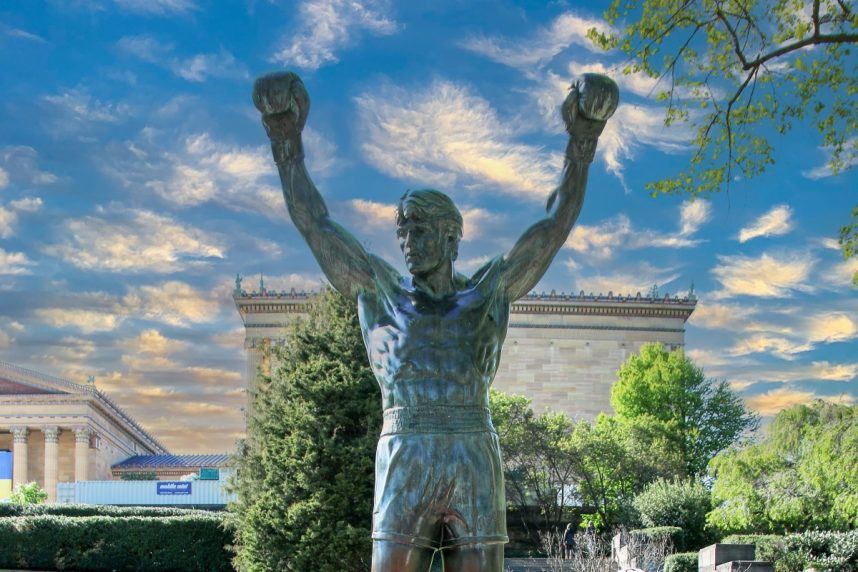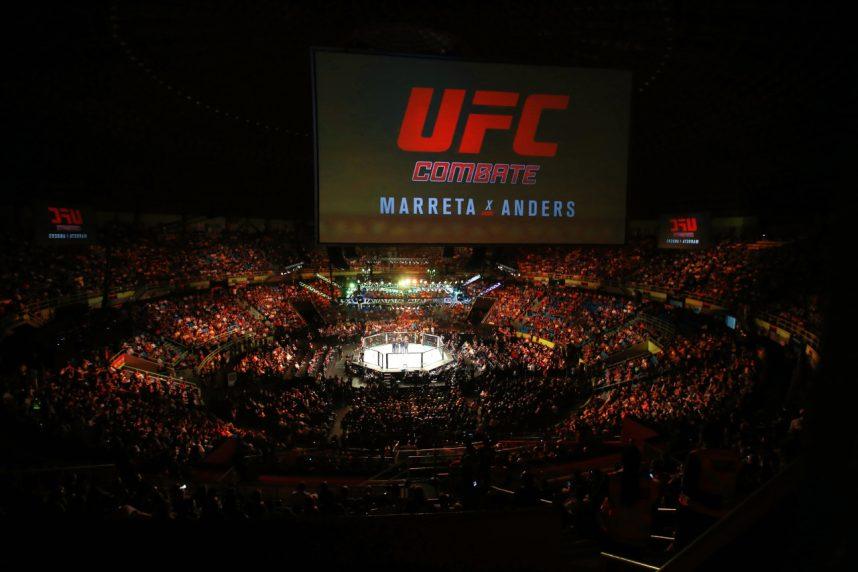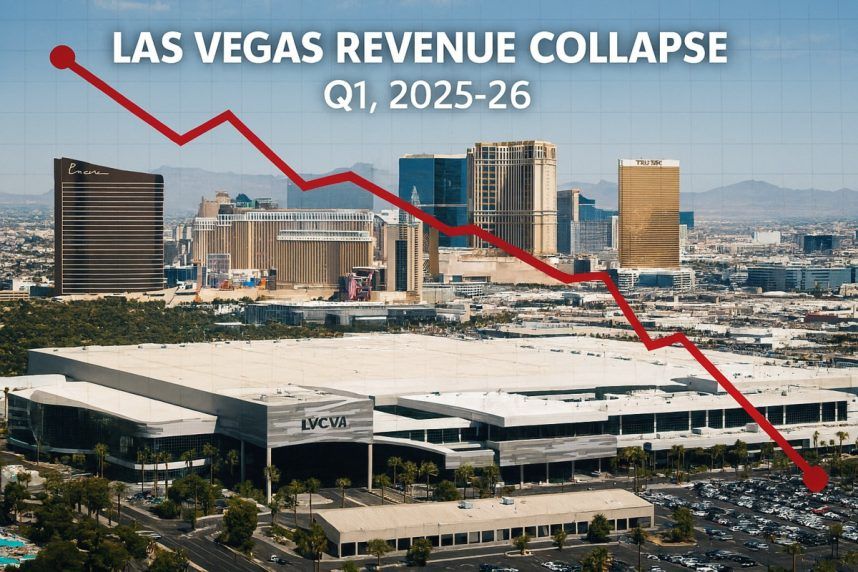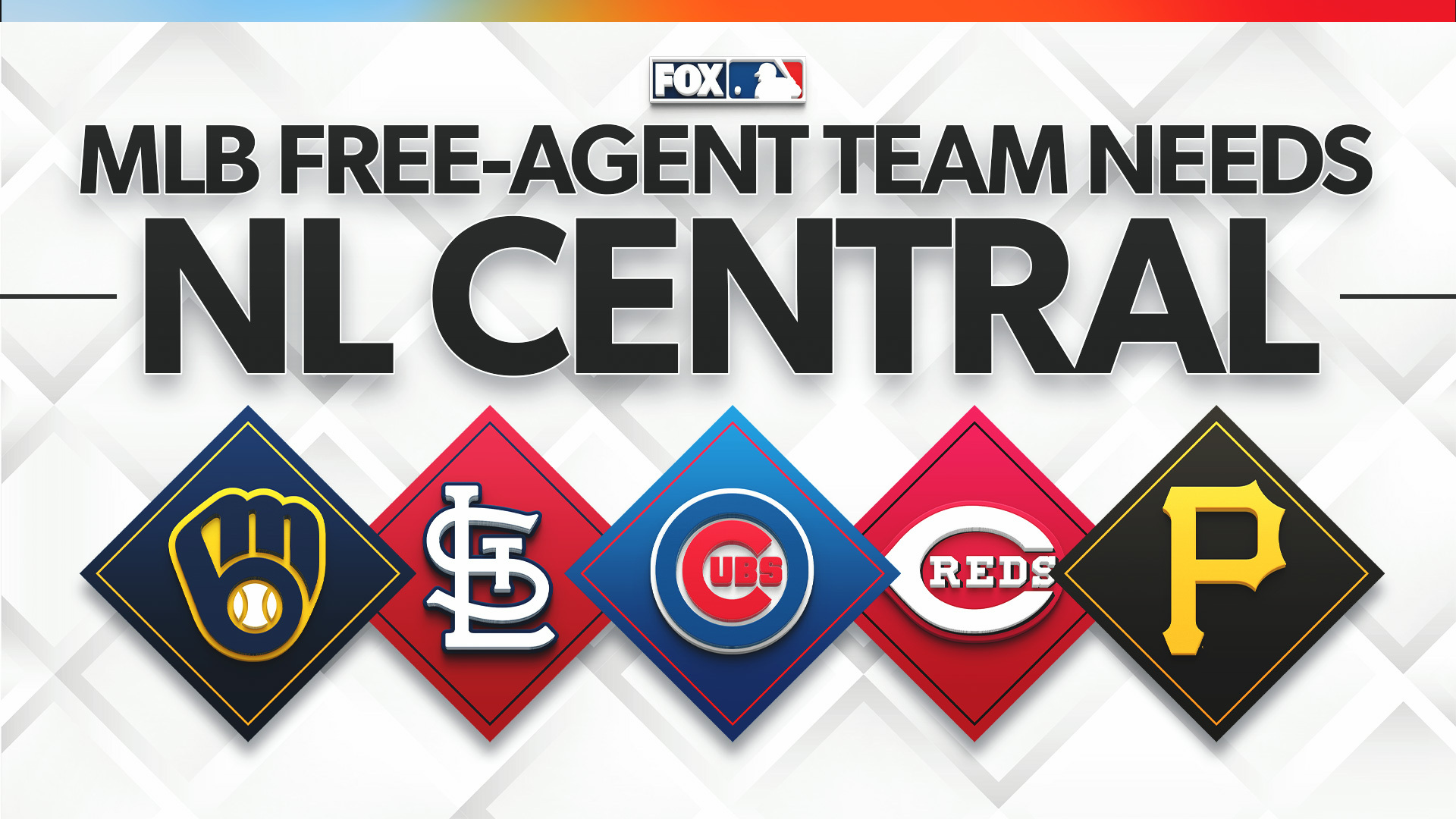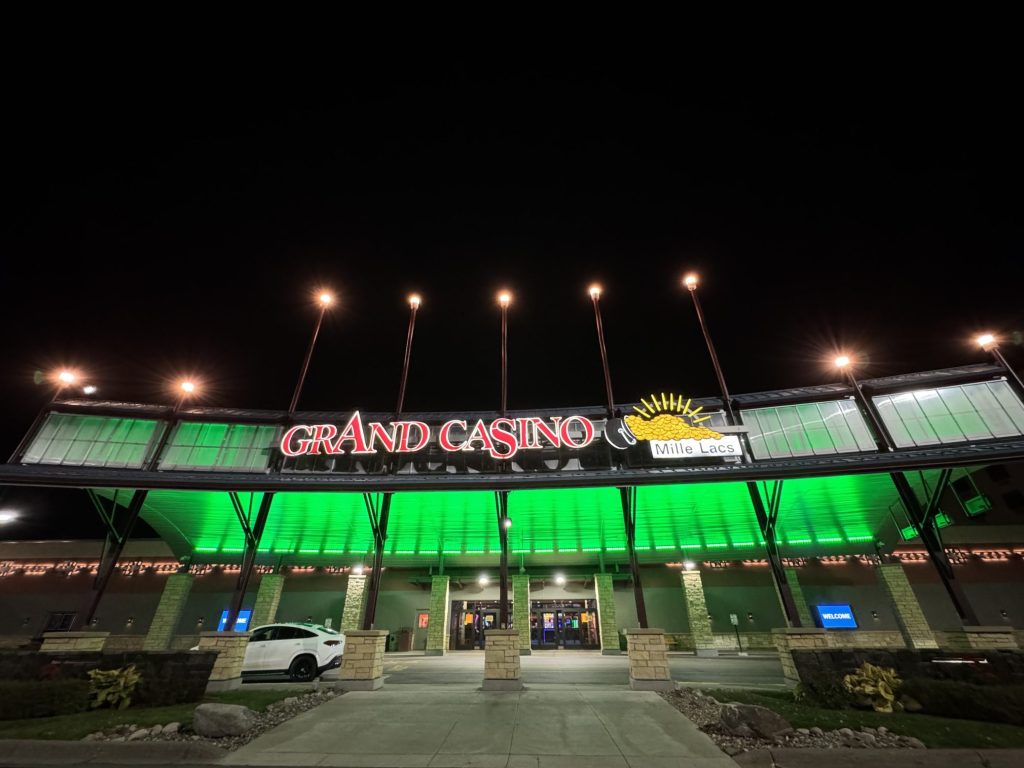Despite years of public awareness campaigns and a growing network of support services, the stigma attached to problem gambling remains a persistent issue in the UK. According to a recent AskGamblers study, released ahead of Safer Gambling Week 2025, many gamblers feel unable or unwilling to discuss their betting habits.
Many People Feel Ashamed to Admit They Gamble
The survey, conducted with the help of therapist Liz Karter MBE, found that nearly half of all British gamblers admit to downplaying their sports betting activity to protect their reputation. Many feel that the fear of judgment is stronger for some than the cost of losing. One in three stated they would rather lose money than ask for help when betting, and 32% would feel uncomfortable asking for any wagering advice.
Karter, who has been treating gambling addiction for decades, notes that these figures represent how emotional isolation remains one of the most significant barriers to recovery. She added that gambling addiction could be especially problematic, since the lack of a substance makes many individuals downplay the risks.
When people are not feeling so good, they often gamble a little bit more than they would want to because they are probably using it as escapism.
Liz Karter MBEThe study demonstrates how prevailing attitudes in the UK still link gambling to shame. Just 47% of respondents stated they would consider talking about gambling issues if they went into debt. Roughly 25% said they would seek a therapist only after losing £100 or more in one week. For some, however, this threshold comes too late.
Public Awareness and Education Efforts Remain Critical
Karter stressed that the secrecy surrounding gambling often mirrors behaviors linked to other forms of addiction. She added that many individuals struggling to manage their gambling binges frequently feel deep guilt after giving in. Such behavior can give birth to a vicious cycle that is almost impossible to escape without outside help. However, shame often keeps people from reaching out.
When somebody’s been gambling for a long time, it’s like they have a relationship with it. It can feel like a real connection, an attachment.
Liz Karter MBEThe new study aligns with findings from the leading charity Gamble Aware. Earlier this year, the charity reported that 67% of UK citizens believe stigma still surrounds gambling addiction. Gamble Aware also pointed out the impact of gambling marketing, with 62% of respondents saying that ads are “everywhere” and 31% recalling seeing their first gambling promotion before the age of 17.
Experts warn that easy access to gambling, social pressure, and the normalization of betting make it harder for individuals to recognize when casual play becomes harmful. AskGamblers and GambleAware agree that broader public engagement and sustained education efforts are imperative to combat the prevailing stigma surrounding gambling, creating an environment where seeking help is seen as a sign of strength.

 2 hours ago
4
2 hours ago
4



